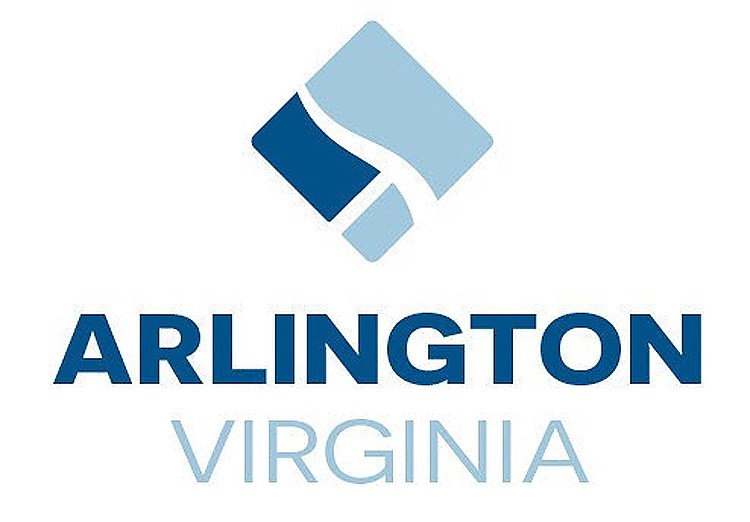Sometimes, punting isn’t such a bad idea. In fact, it often can be the only viable option.
After spending more than two hours wrangling over procedural steps while barely touching the substance, Arlington County Civic Federation delegates on Feb. 21 deferred, for a month, action on a contentious resolution related to Arlington governance.
“We’re not going to get anywhere tonight – we’re going to wrangle and wrangle,” federation president John Ford said around 9:30 p.m., as the crowd had thinned, tempers were beginning to openly flare and the gathering’s host (Virginia Hospital Center) was about to shoo the group out the door and into the night.
The rank-and-file remaining on hand agreed, opting in a voice vote to postpone the matter until March. (It was the same rank-and-file that, 25 minutes earlier, had jeered Ford when he had initially proposed the exact same course of action.)
The issue creating such a brouhaha was the same one that had roiled the federation since last September: A resolution proposed by five former organization presidents taking to task the Arlington County government for failing to better engage the public.
“It’s about the fundamentals: The county [government] just does not listen,” said Michael McMenamin, one of the resolution’s sponsors. “We’ve all had some kind of gripe.”
Few in the audience (in-person or online) disagreed with that sentiment, based on a straw poll taken by Ford during the proceedings. But substantive discussion of the resolution never got out of the starting gate, as delegates spent most of the meeting sparring over the procedural propriety of considering a substitute proposal that had been offered by the Arlington branch of the NAACP.
The wording of that alternative was designed “not to complain, but rather convince” county leaders in promoting more engagement, said NAACP second vice president Bryan Coleman.
Coleman is one of a group within the Civic Federation who believe the former-presidents’ resolution was unnecessarily antagonistic. The NAACP alternative “finds common ground among diverse views, “ he said.
In a procedural morass not seen at Civic Federation meetings in years – coupled with the challenges of trying to juggle a hypercaffeinated in-person meeting and a Zoom audience – things quickly went south.
“This has been a free-for-all,” the normally placid McMenamin harrumphed at one point, calling the unfolding situation “ridiculous.”
Another of the former Civic Federation presidents supporting the resolution, Stefanie Pryor, said the NAACP had submitted a “hostile amendment” that should not be considered at that meeting.
(Pryor and McMenamin were joined by fellow former presidents Duke Banks and Sandy Newton in backing the resolution. The fifth initial patron, former president Allan Gajadhar, is no longer listed as a backer.)
Early in the meeting, a vote that effectively would have removed the NAACP alternative from consideration died on a rare tie vote – 52-52 – keeping that option alive, if on life-support.
Although it seemed as though the federation was breaking into armed camps over the issue, Ford said that a month’s reflection, and the two sides working together in good faith, could produce a workable compromise where two previous attempts to do so have failed.
“We have made some headway. The differences are not great,” he said.
“There’s been a lot of passion on both sides. Personally, I find that’s good,” Ford added. “We are all pulling in the same direction . . . but we’re not using the same oars.”
Those pining for the good ol’ days of local governance, in the grand tradition of “the Arlington Way,” might want to consider that, in some respects, they weren’t so good, either.
Nearly a quarter-century ago – time flies! – the Arlington government commissioned a study to address concerns. The conclusion back then? That, much like today, power is concentrated in the hands of a select few who has the time and understanding of the process to wield it, leaving out large segments of the community.
And the likelihood that the effort in 2023 to improve things was all sound and fury, signifying nothing, was not lost on some with a long history in civic participation.
“It’s not going to matter,” one supporter of the initial resolution sighed before the meeting even began. “The county government isn’t going to listen.”



